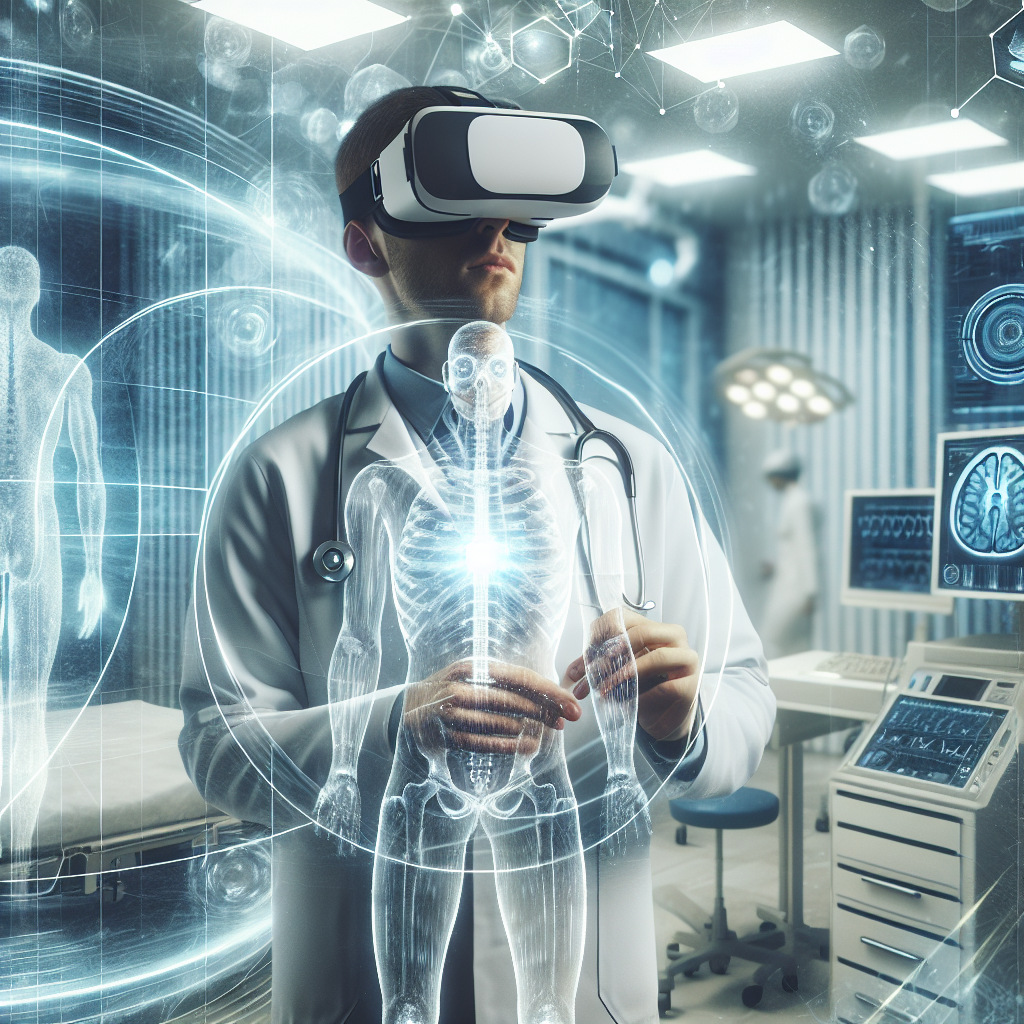Virtual reality (VR) technology has come a long way since its inception, and its potential applications in healthcare are vast and promising. From improving patient care and treatment outcomes to revolutionizing medical training and education, VR is poised to transform the healthcare industry in the coming years.
One of the most exciting prospects of VR in healthcare is its ability to enhance patient care and treatment outcomes. By immersing patients in virtual environments, healthcare providers can help alleviate pain, anxiety, and stress during medical procedures. For example, VR has been used to distract patients during wound care procedures, reducing the need for sedation and improving overall patient experience. Additionally, VR can be used to simulate surgeries and other medical procedures, allowing surgeons to practice and perfect their skills in a safe and controlled environment.
In addition to improving patient care, VR also has the potential to revolutionize medical training and education. With VR, medical students and healthcare professionals can immerse themselves in realistic scenarios and simulations, gaining hands-on experience without the risk of harming real patients. This can help bridge the gap between theory and practice, leading to better-prepared and more competent healthcare providers.
Moreover, VR can also be used for telemedicine and remote patient monitoring, allowing healthcare providers to connect with patients in remote or underserved areas. This can help improve access to healthcare services and reduce disparities in healthcare delivery.
Despite its immense potential, the widespread adoption of VR in healthcare still faces some challenges. One major obstacle is the cost of VR technology, as high-quality VR equipment can be expensive and may not be accessible to all healthcare providers. Additionally, there are concerns about data security and patient privacy in VR applications, as sensitive medical information is often involved.
Nevertheless, the future of virtual reality in healthcare looks promising. As the technology continues to advance and become more affordable, we can expect to see more innovative applications of VR in patient care, medical training, and telemedicine. With its ability to create immersive and interactive experiences, VR has the power to revolutionize healthcare and improve the lives of patients and healthcare providers alike.


Leave a Reply